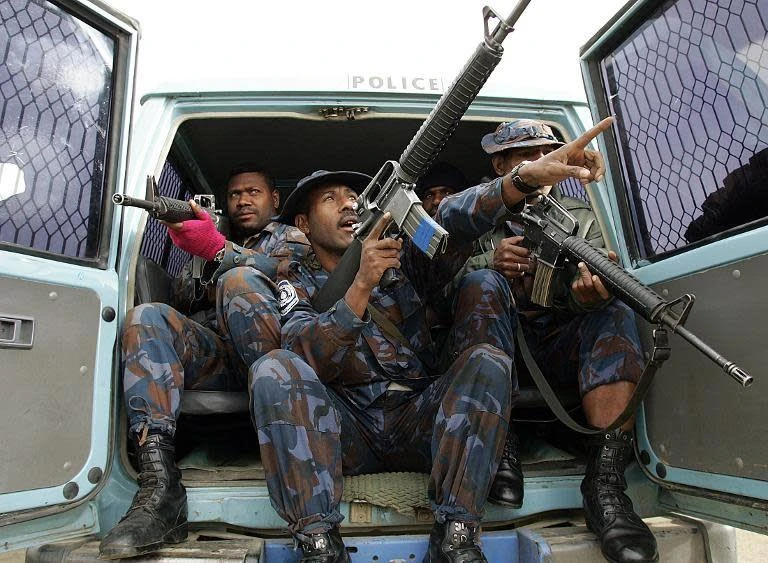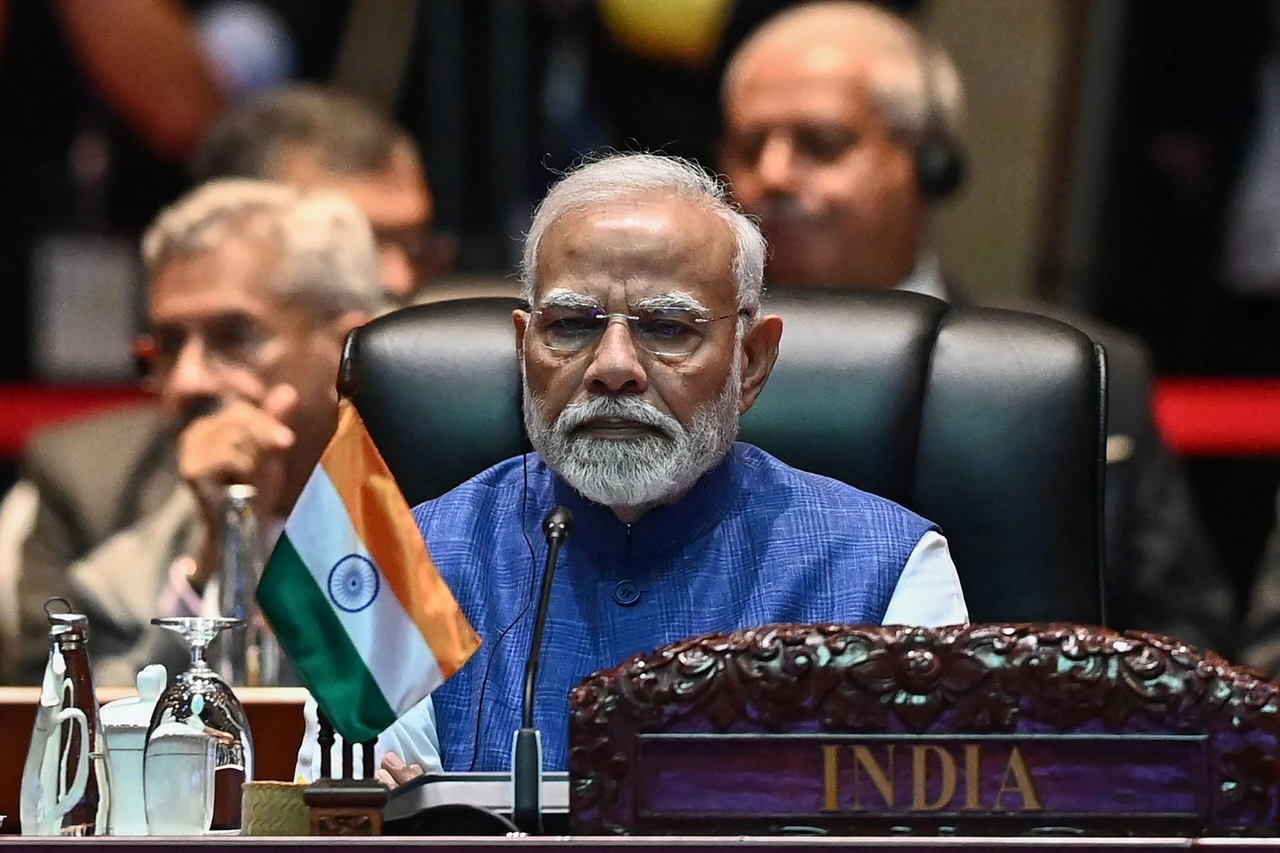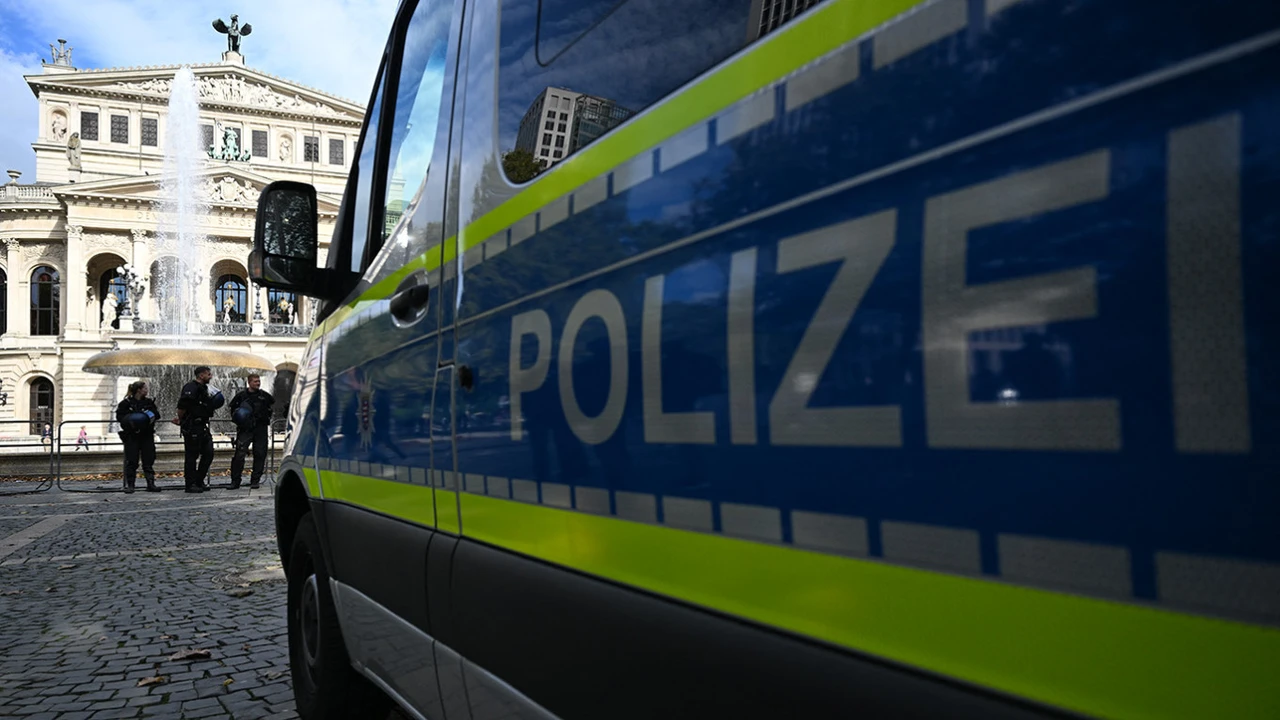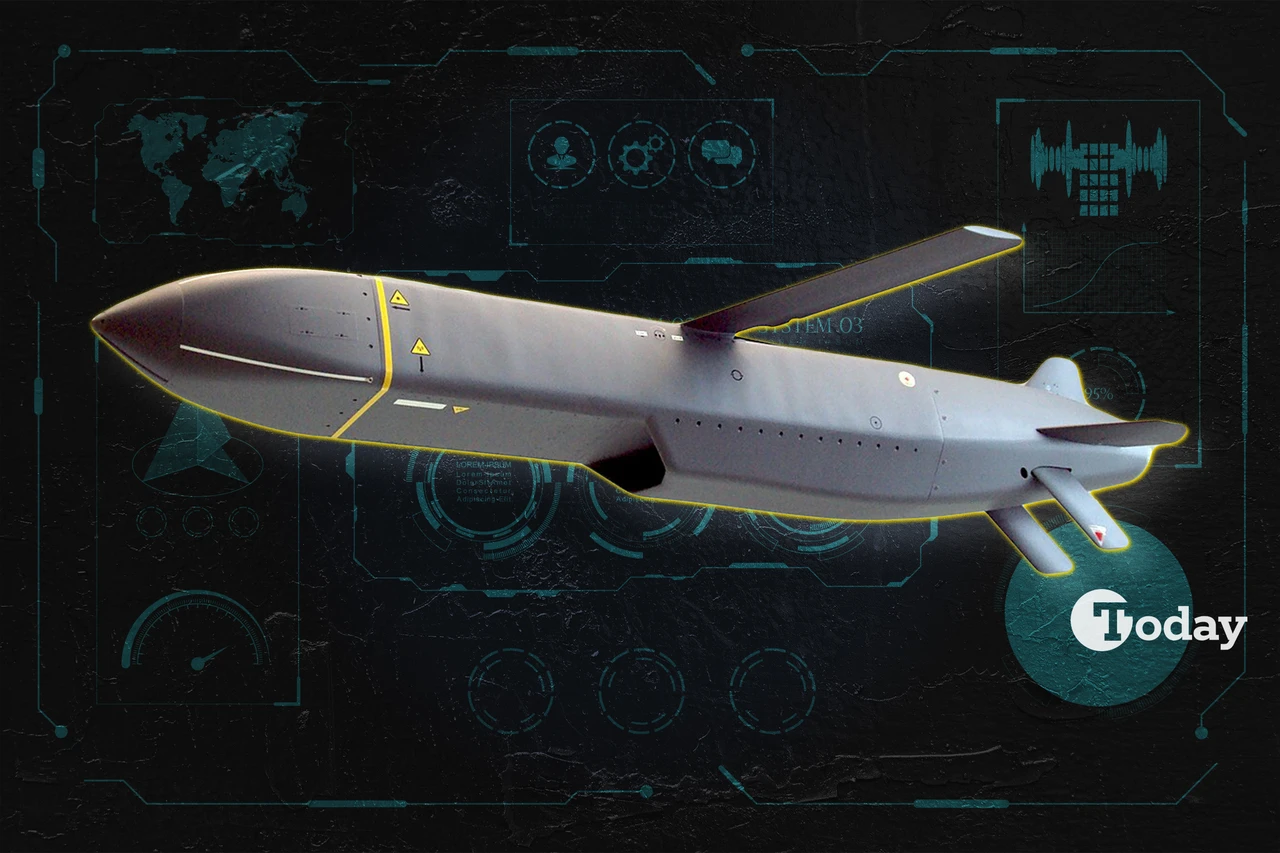64 bodies found in Papua New Guinea highlands amid tribal violence surge

Highlands of Papua New Guinea confirms discovery of 64 bodies following ambush between rival tribes, signaling severe escalation of tribal warfare
Authorities in the highlands of Papua New Guinea have verified on Monday the finding of 64 bodies after what is believed to have been an ambush between rival tribes, signaling a dire escalation of tribal warfare. Assistant Commissioner of Police Samson Kua disclosed the horrific death toll. He said that the tragedy happened close to the town of Wabag, around 600 kilometers northwest of Port Moresby, the capital.
Kua revealed to media, “We believe there are still some bodies… out there in the bush,” highlighting the difficult conditions of the continuing fighting. The aftermath was horrifyingly shown in graphic photographs and pictures that the police were given. They showed people that were bleeding and naked, lying scattered down the side of the road and piled on a flatbed truck.
Tribal conflicts in the area continue to be a persistent concern, as seen by the bloodshed that has been linked to a dispute among the Sikin, Ambulin, and Kaekin tribes. Although Highland clans have always fought, the widespread use of automatic firearms has made battles more intense and the cycle of violence more intense.
Assistant Commissioner Kua described the variety of weapons used by the attackers, which included pump-action shotguns, improvised firearms, AK-47, M4, M16, and SLR rifles. These weapons were symptomatic of the deadly armory that was causing the carnage. According to reports, there is still fighting in the surrounding isolated rural regions, highlighting how widespread the turmoil is.
The highlands of Papua New Guinea have been plagued by ongoing tribal conflict, some mass massacres in recent years notwithstanding. The efficacy of government attempts to curtail violence via amnesties, mediation, and repression is still limited, and the security system is often overburdened and underprepared to handle the intricate dynamics at play.
The effect of the deployment of around 100 soldiers to the region has been negligible, and security personnel are now outgunned and outnumbered in their attempts to put an end to the bloodshed. The strikes are most severe in remote areas, where civilians including vulnerable groups like children and pregnant women are the victims of the cruelty.
The brutality of the killings, which include machete assaults, burning, mutilation, and torture, highlights the horrific cost of the continuing conflict. Law enforcement has additional obstacles in the form of limited resources. Officers struggle with low pay and insufficient equipment, which makes it harder to maintain law and order in unstable areas.
Following the most recent massacre, calls for more police deployment and the resignation of the police commissioner echoed, indicating rising dissatisfaction with the government’s handling of the situation. The increasing population of Papua New Guinea, in conjunction with the intensifying battle for resources and land, intensifies the underlying tribal rivalries, highlighting the many social, economic, and political elements propelling the violence.
Source: AFP



